Muscle pain (myalgia) can be caused by a variety of factors, including injuries, infections, and illnesses. Muscle discomfort can be acute or chronic. After exercise, you may have delayed-onset muscular soreness (DOMS). Muscle pain and the disorders that cause it can be prevented and managed.
What is muscle pain?
Myalgia, or muscle pain, is a symptom of an accident, infection, disease, or other health issue. You may experience a deep, constant discomfort or sporadic acute aches. Some people have muscle pain throughout their bodies, while others experience it only in certain locations. Muscle pain affects everyone differently.
Who might get muscle pain?
Muscle pain can affect people of all ages and genders. You may have delayed-onset muscle soreness (DOMS) when you try a new physical activity or change up your exercise routine. Muscle soreness can start six to twelve hours after an exercise and linger for up to 48 hours. As the muscles heal and strengthen, you will experience pain.
What other symptoms may occur with muscle pain?
You may also have the following symptoms in addition to muscle pain:
- Joint pain.
- Muscle cramps.
- Muscle spasms.
What causes muscle pain?
Muscle pain can result from a variety of factors, including:
- Autoimmune diseases.
- Infections.
- Injuries.
- Medications.
- Neuromuscular disorders.
What autoimmune diseases cause muscle pain?
When the immune system of the body assaults itself, autoimmune diseases develop. Germs and infections are fought by a strong immune system.
Muscle pain is caused by autoimmune diseases, such as
- Inflammatory myopathies, such as inclusion of body myositis and polymyositis.
- Lupus.
- Multiple sclerosis (MS).
What types of infections cause muscle pain?
Infections caused by bacteria or viruses can make you feel achy all over. Swollen lymph nodes, fever, and nausea may also be present, depending on the cause.
Muscle aches can be caused by a variety of infections, including:
- Colds and flu.
- Lyme disease and Rocky Mountain spotted fever (infections spread through tick bites).
- Malaria.
- Trichinosis (a food borne illness).
What types of injuries cause muscle pain?
You may acquire sore muscles from overuse if you use the same muscles repeatedly at work or during exercise.
Other injuries that result in painful muscles include:
- Abdominal strains.
- Back strains and sprains.
- Broken bones and traumatic injuries.
- Myofascial pain syndrome from repetitive movements (overuse).
- Tendinitis.
- Tendinosis.
What medications cause muscle pain?
Temporary or chronic pain can be caused by some drugs and therapies. Some drugs promote myositis (inflammation of muscle cells) or activate muscular pain receptors. These procedures include:
- Cancer treatments, including chemotherapy and radiation therapy.
- High blood pressure medications, such as angiotensin-converting enzyme (ACE) inhibitors.
- Statins to lower cholesterol levels.
What neuromuscular disorders cause muscle pain?
Muscles and the nerves that regulate them are affected by neuromuscular diseases. Muscle weakness and discomfort are possible side effects. These circumstances include:
- Amyotrophic lateral sclerosis (ALS or Lou Gehrig’s disease).
- Muscular dystrophy.
- Myasthenia gravis.
- Spinal muscular atrophy (SMA).
What other conditions cause muscle pain?
Muscle pain can also be caused by the following conditions:
- Cancers, such as sarcomas (soft tissue cancers) and leukemia (blood cancer).
- Chronic fatigue syndrome.
- Compartment syndrome (a build-up of pressure in muscles).
- Fibromyalgia.
- Imbalance of electrolytes (minerals in your blood, such as calcium, magnesium, sodium and potassium).
- Hypothyroidism (underactive thyroid).
- Peripheral artery disease (PAD).
- Stress and tension.
How do healthcare providers diagnose muscle pain’s cause?
Your healthcare practitioner may prescribe testing if you don’t know what’s causing your muscle discomfort or if it’s severe or continuous.
- Enzyme, hormone, and electrolyte levels are checked, as well as infection levels.
- MRI or CT scan to check for muscle damage or injury.
- Electromyography is a technique for determining the electrical activity of nerves and muscles.
- Muscle biopsy is used to test for abnormalities in muscle tissue that could signal neuromuscular disorders.
How is muscle pain managed or treated?
These steps, depending on the cause, may help you feel better:
- Rest and elevate the sore spot.
- Alternate between ice packs and heat packs to reduce inflammation and increase blood flow.
- Take a warm bath or a warm shower with Epsom salts.
- Take pain medicines from the drugstore (aspirin, acetaminophen, ibuprofen, naproxen).
- Massage, meditation, or acupuncture are examples of complementary therapy.
For detailed advice on your Muscle Pain & Injury, please contact Simply Align Rehab Physio in Scarborough/Toronto at simplyalignrehab.com, or phone or text us at (416) 628-8554 for your Physiotherapy or Chiropractor needs in Toronto.
